The African style subcultures you need to get to know
From counterculture Kenyans to Senegal’s Afrofuturists, there’s a whole new generation of fashion-led groups on the continent
The sapeurs of the Congo have long held the crown for being Africa’s most talked about fashion subculture thanks to their dandy suits and gentlemanly flair. Elsewhere around the continent, South Africa’s skhothane, Botswana’s metalheads and Morocco’s biker women have also attracted attention while reminding us of the vast influence and diversity of Africa’s street style. And those styles are ever-evolving as successive generations find fresh ways to express their identity, resistance and belonging. So, get to know the new movements and collectives using sartorialism to envision an inclusive future.
South Africa’s streetwear scene is ready to rival its UK, US and Japanese counterparts and giving it a truly heartfelt attitude is Broke Boys. The Cape Town collective started out in 2016 by DJing and thrifting and have gradually developed into the Broke brand ‘for all the rebels and misfits who overcome incredible odds to achieve bigger dreams’. They have also fostered the skate crew, the Broke Boys Sk8 Club, and collaborated with likeminded Dutch label, The New Originals.
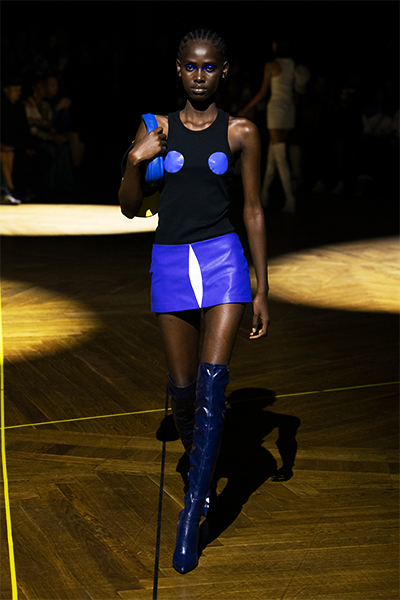
Fashion brand Mowalola's SS23 show / Image: Mowalola
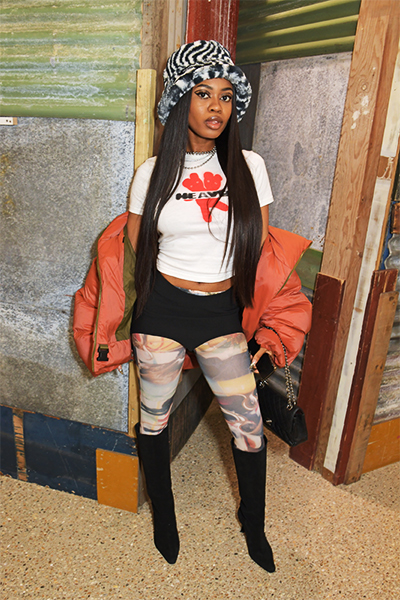
Rapper Deto Black has become an Alté icon / Image: Getty Images
Since the term was first coined in 2014, Alté has become a leftfield challenger to Nigeria’s dominant afrobeats genre. What started out with some fresh sounds from Teezee, Santi and Lady Donli and their peers has grown into a movement that rejects conservative norms. Alté is expressed in fashion terms by a rebellious and sex positive take on Y2K fashion seen through the lens of early aughts Nollywood. Think femme fatales and bad boys dressed ready to party. The 2022 redux is led by the likes of influencer Ashley Okoli, fashion brand Mowalola and rapper Deto Black.
Free the Youth is dedicated to bringing Ghanaian culture to the world and to empowering its community in the city of Tema. The collective launched a streetwear line in 2015 and has expanded into a creative agency and the NGO Ghetto Youth University, which teaches creative skills to young people. The newest extension is womenswear line Babe Youth and its best-selling T-shirt demanding ‘Block Him’. Free the Youth has dressed Wizkid and collaborated with Nike and sales from their recent Graduate collection went to providing exercise books to school kids.
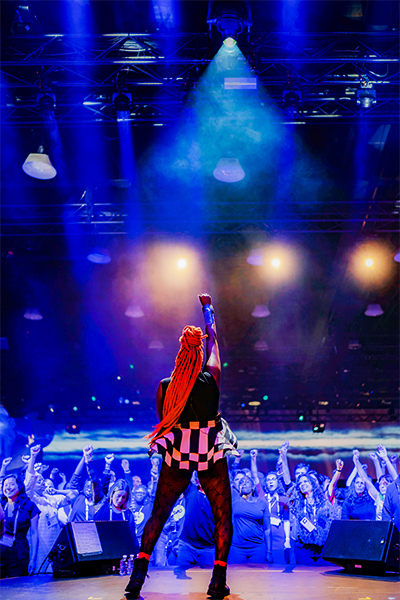
Muthoni Drummer Queen / Image: Getty Images
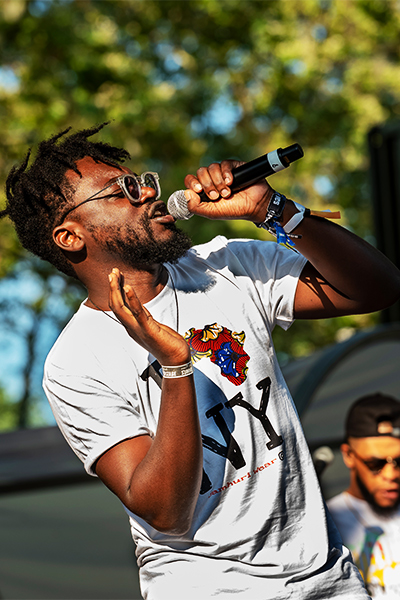
Nu Nairobi isn't just fashion, it's music by the likes of Blinky Bill / Image: Getty Images
Nu Nairobi is the rallying cry for all those young Kenyans who have fought for a shift away from mainstream culture since the mid 2010s. Musicians such as Muthoni Drummer Queen and Blinky Bill paved the way for newcomers EA Wave and Xenia Manasseh to make experimental sounds. And in fashion, pioneers Oliver Asike and Velma Rossa aka 2ManySiblings attracted a cult following for their directional looks that turned Kenya’s mitumba (second hand clothing) industry on its head. Their Thrift Social festival has become a centrifugal event where style enthusiasts take up their mantle.
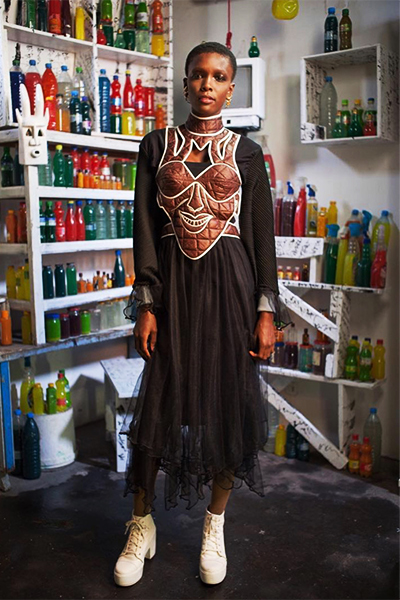
Selly Raby Kane creates Afrofuturist designs like this one / Image: Jean Baptiste Joire
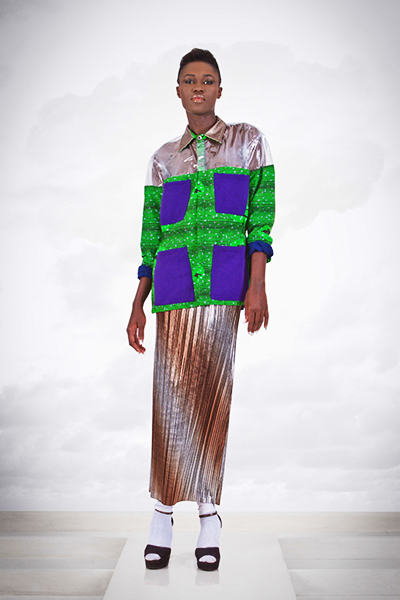
Otherworldly outfits: a model wearing pieces from Selly Raby Kane's Alien Cartoon collection / Image: Omar Victor DIOP
A small but influential band of mavericks in Dakar are moving the city’s underground scene forward with their Afrofuturist vision. Designer Selly Raby Kane leads the way with her avant-garde fashions such as her signature creature-covered kimono, as well as films and events that immerse visitors into multi-sensory dreamscapes. Alongside her is Khadija Aisha Ba of L’αrtisαηe whose contemporary boubous have found a fan in Naomi Campbell, and the art collective Muus du Tux. Together they are joining the dots between treasured traditions, otherworldly inspirations and social empowerment.